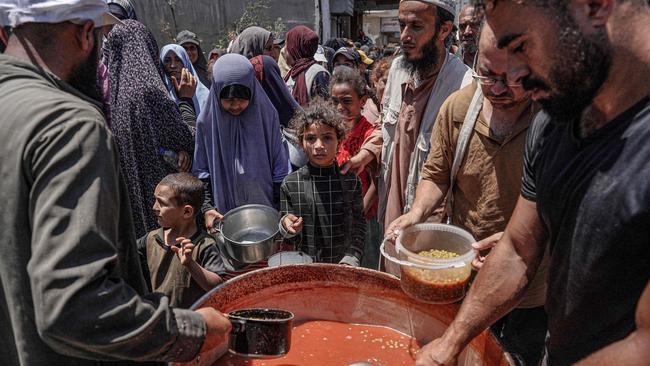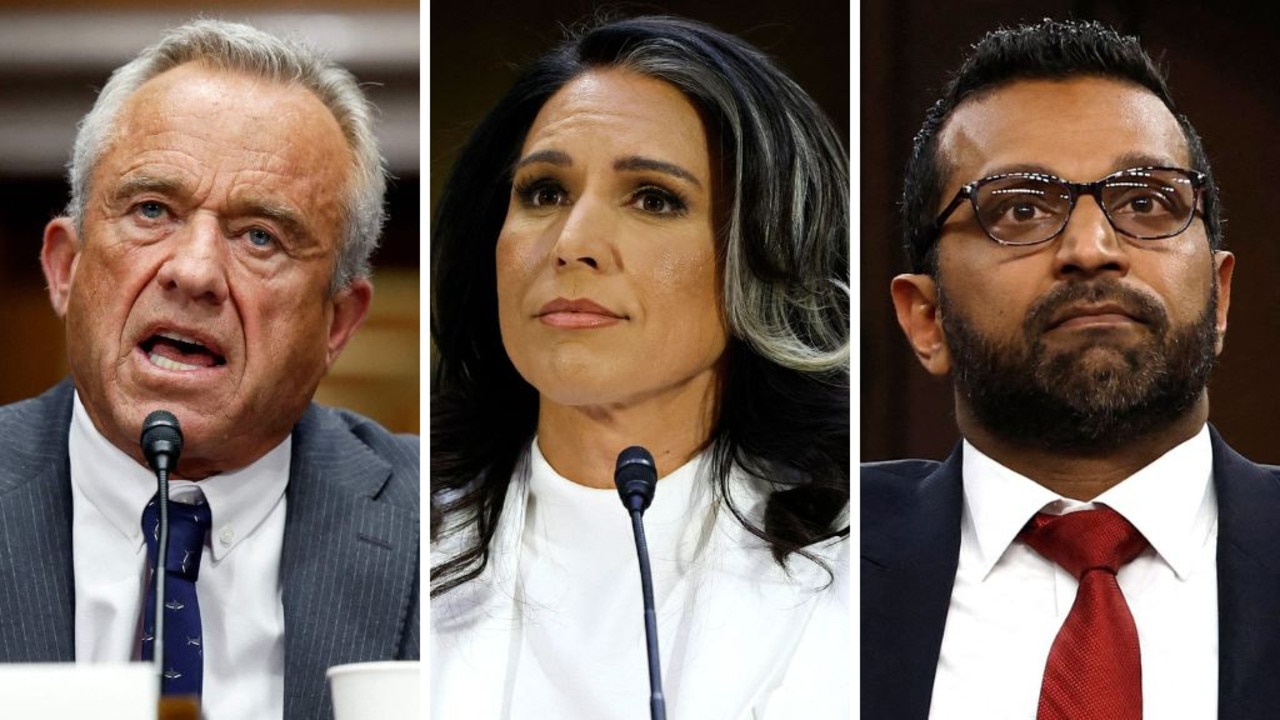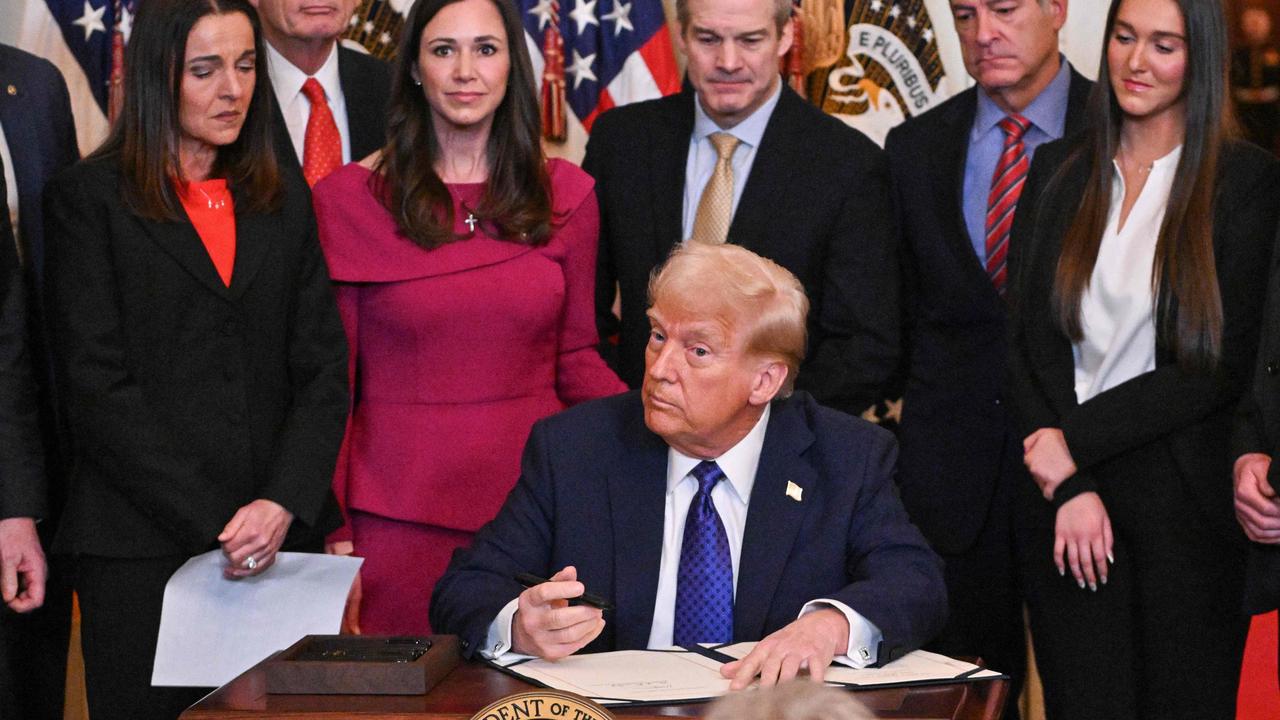Rafah offensive leads to rethink in Cairo over ties to Israel
Israel and Egypt have become essential partners, a close though never warm relationship that underpins both countries’ national security.

In the almost 45 years since their historic peace deal, Israel and Egypt have become essential partners, a close though never warm relationship that underpins both countries’ national security.
Israel’s Rafah offensive is threatening to undo all of that.
Egypt, a centre of Arab military, political and cultural power, is now considering a downgrade to its diplomatic ties with Israel, Egyptian officials say.
Egypt has in recent days said it would join South Africa’s court case charging Israel with genocide. And it has refused to reopen its border with Gaza after Israeli forces seized the Palestinian side of the crossing.
Mohammed Anwar Sadat, nephew of the Egyptian president of the same name who negotiated the Egypt-Israel peace treaty of 1979, said the current dispute was the countries’ worst bilateral crisis since then.
“There is now a lack of trust,” said Mr Sadat, a former MP. “And there is now a kind of suspicion from both sides, actually.”
The standoff began when Israel gave Egypt just hours notice before launching the operation last week in which its military seized control of the Gazan side of the Rafah border crossing with Egypt, Egyptian officials say.
The abrupt message, relayed unexpectedly to Egyptian intelligence officials on May 6, followed months of negotiations between Israeli and Egyptian military and intelligence officials over the long-threatened attack on Rafah, where a million Palestinians are sheltering.
Israel had previously briefed Egypt about its plans for Rafah, assuring Cairo that the crossing point, a key entry point for humanitarian aid into the besieged enclave, wouldn’t be affected and Palestinians there would be given weeks to evacuate.
“None of these assurances materialised, with Israel giving us a very short notice about entering the crossing,” said an Egyptian official familiar with the events.
Israeli Prime Minister Benjamin Netanyahu has said that taking control of the Rafah crossing was necessary to cut off smuggling by Hamas.
After fighting a series of wars, Israel and Egypt have developed an important security partnership since 1979. The nations’ militaries have worked closely together, particularly over the past decade under President Abdel Fattah el Sisi, during which they shared intelligence to help defeat Islamic State extremists in Egypt’s north Sinai region.
The countries still co-operate on intelligence sharing and security issues. And Egypt depends on billions of dollars in US military aid that depends on the peace treaty.
But the Rafah operation has piled more stress on the deeply strained relationship.
Egypt is a key mediator in indirect talks between Israel and Hamas over a deal aiming to free Israeli hostages held by Hamas and impose a ceasefire in Gaza.
“They don’t like to be caught by surprise, and they make their point vocally and by other means,” said retired Israeli brigadier general Assaf Orion, who formerly oversaw Israel’s military liaison with Egypt.
The Egypt-Israel divisions add to the challenges facing the Biden administration, which has struggled to help broker a cease-fire deal and last week decided to pause delivery to Israel of some bombs used in the war in Gaza to pressure it to back away from the attack on Rafah. The US, which brokered the 1979 treaty between the two countries at Camp David, has commended Egypt’s role as a mediator in the conflict.
Egypt has protested against Israel’s Rafah invasion to the US and European countries, saying the operation puts the peace treaty in jeopardy.
In another sign of worsening ties, the Egyptian foreign ministry on Sunday also said it would join South Africa’s case charging Israel with genocide at the International Court of Justice.
Israel strongly rejects the accusations.
Israel says the operation in Rafah isn’t yet a full-blown ground invasion of the city, though the attack has already displaced nearly 360,000 Palestinians, according to the UN.
Egypt also is refusing to co-operate with Israel to operate the Rafah crossing point, which until last week had been the last remaining entry point to the strip that wasn’t under full Israeli control.
The crossing was one of very few entry points for humanitarian aid into the Strip, and the only exit for the tiny number of Gazans that Egypt and Israel would allow to leave the territory. Egyptian officials also say they are considering downgrading diplomatic relations with Israel by pulling the country’s ambassador in Tel Aviv.
“As we stand, there are no plans to suspend ties or throw away Camp David,” said another Egyptian official, referring to the accords that led to the 1979 peace treaty. “But as long as Israeli forces remain at Rafah crossing, Egypt will not send a single truck to Rafah.” The war in Gaza has heaped economic and political pressure on Egypt, the Middle East’s most populous nation.
The assault, which has forced most of the strip’s 2.2 million residents to flee their homes, has raised fears in Cairo of a mass displacement of Palestinians into Egypt.
“The risks for Egypt are really high,” said Yezid Sayigh, a senior fellow at the Carnegie Middle East Centre in Beirut.
“And I think they resent enormously that the Israelis are paying no attention whatsoever to Egyptian interests or advice.”
The crisis in the wider Middle East has also squeezed an Egyptian economy that was already struggling under Mr Sisi, a former general who came to power in a 2013 coup.
Attacks by Yemen’s Houthi rebels on ships in the Red Sea have forced ships to divert around the Horn of Africa, halving Egypt’s transit fees from the Suez Canal, a critical source of foreign currency.
An Israeli official said providing aid to Palestinians and achieving a truce remained priorities for Egypt.
“The fact that aid hasn’t come in, it’s bad for them, but it’s very bad for us,” another Israeli official said, noting that Israel was required by the ICJ to bring aid into Gaza.
The Wall Street Journal


